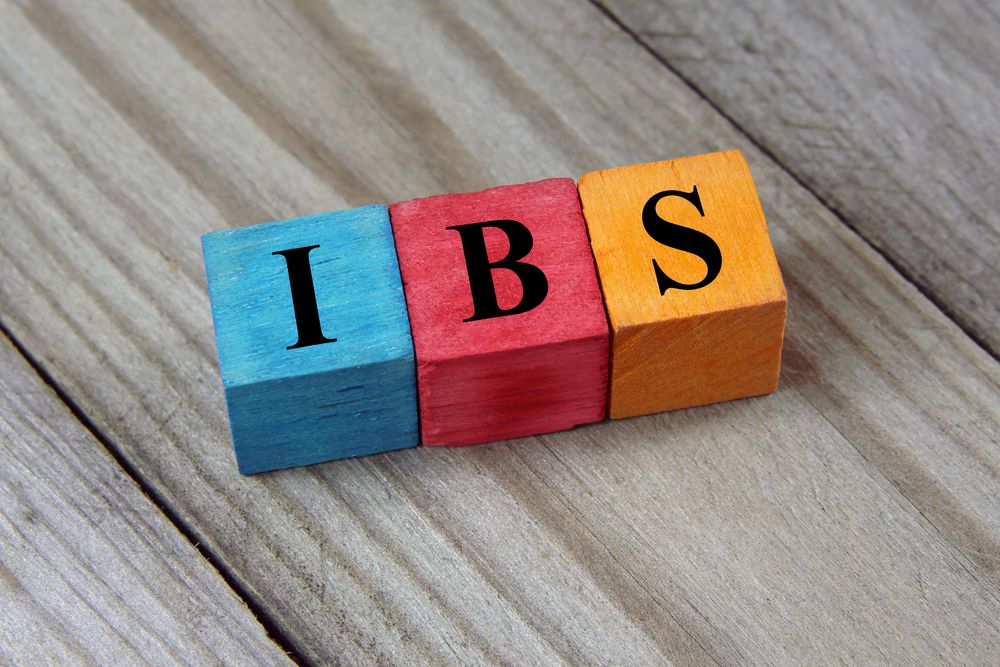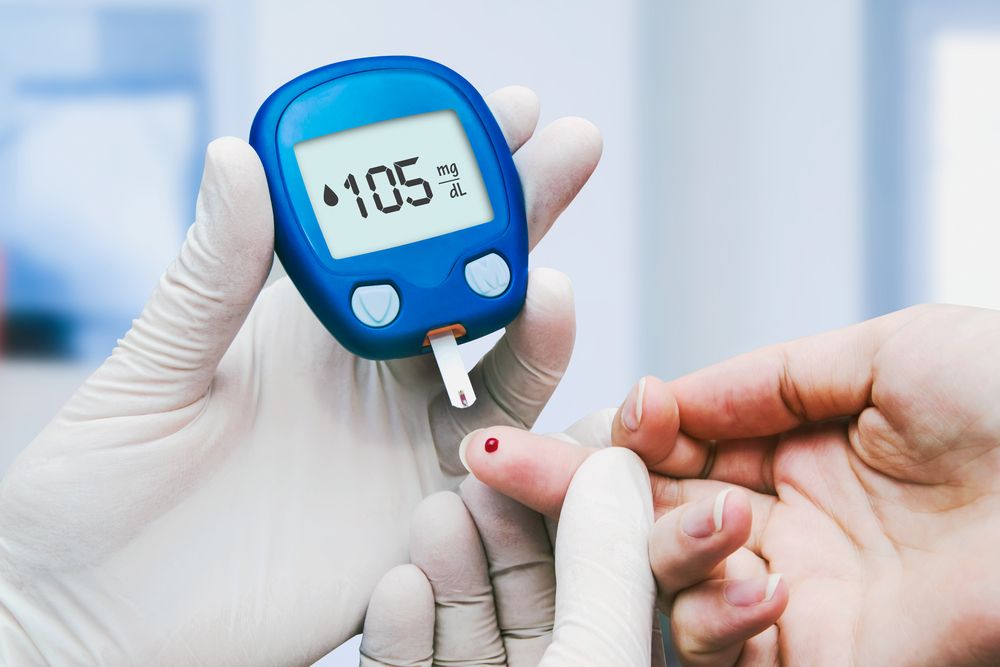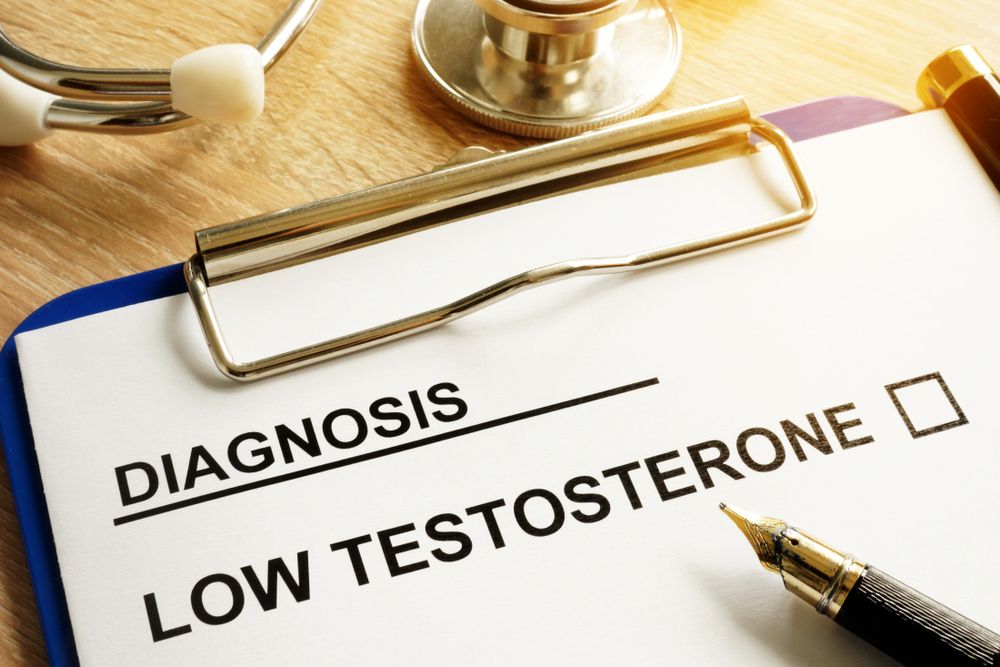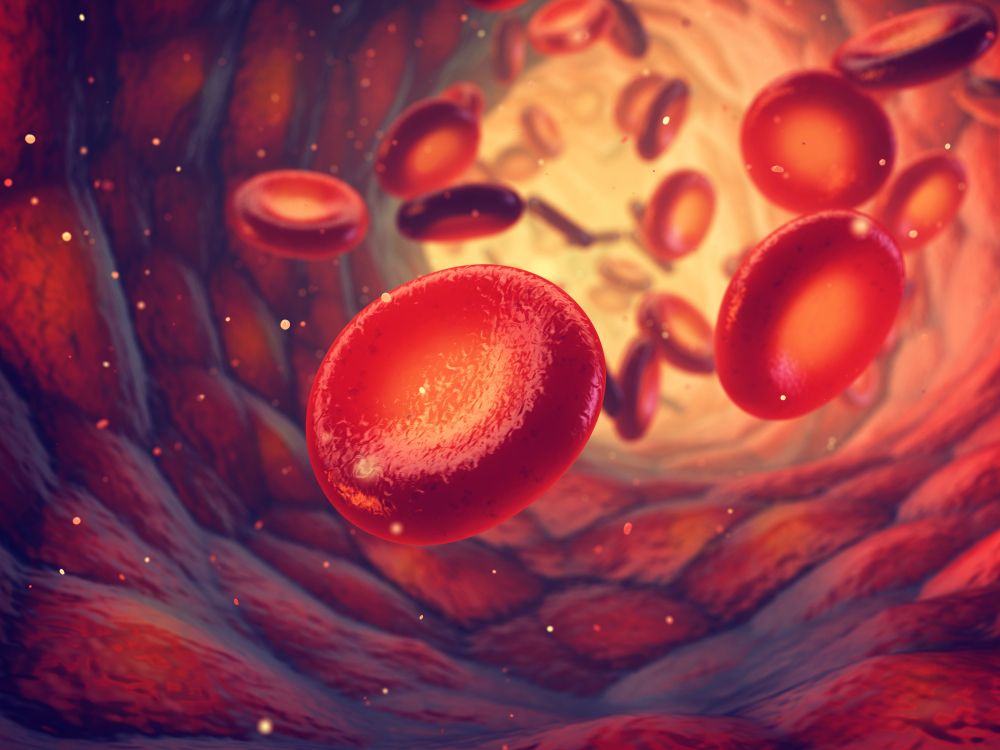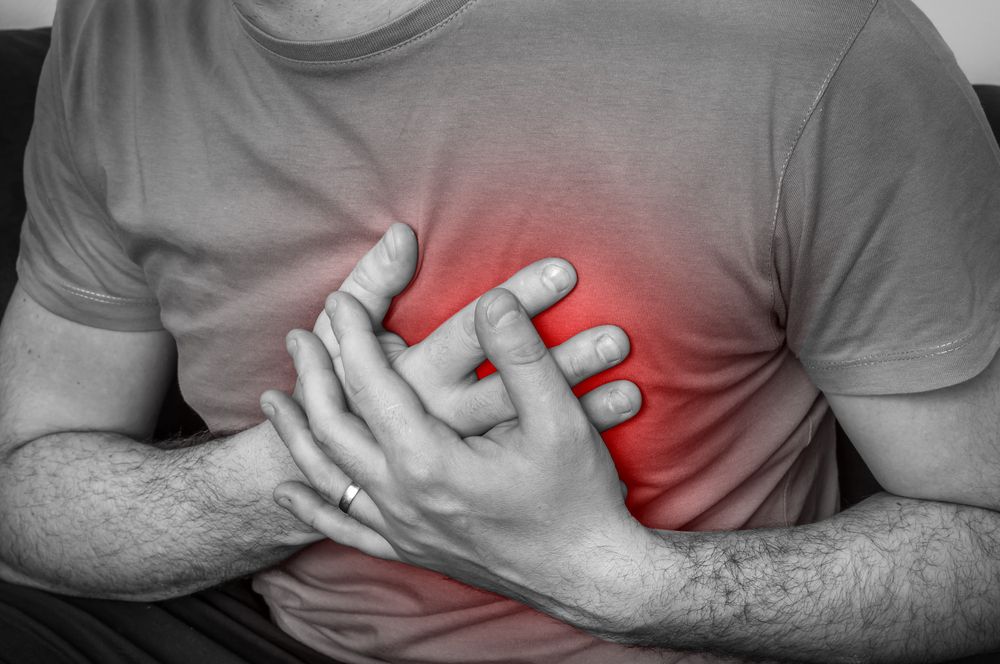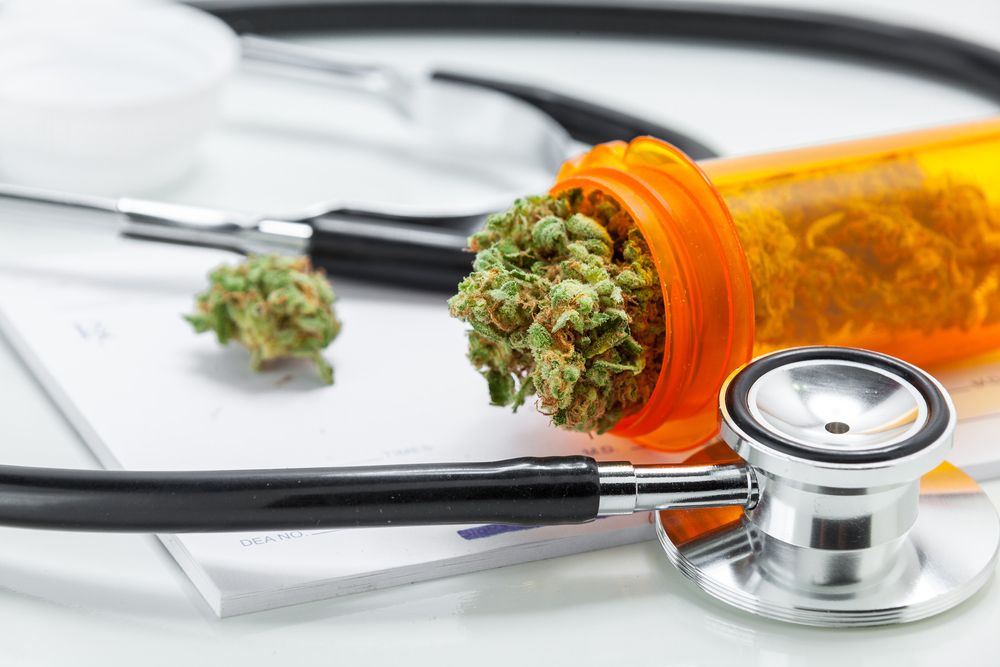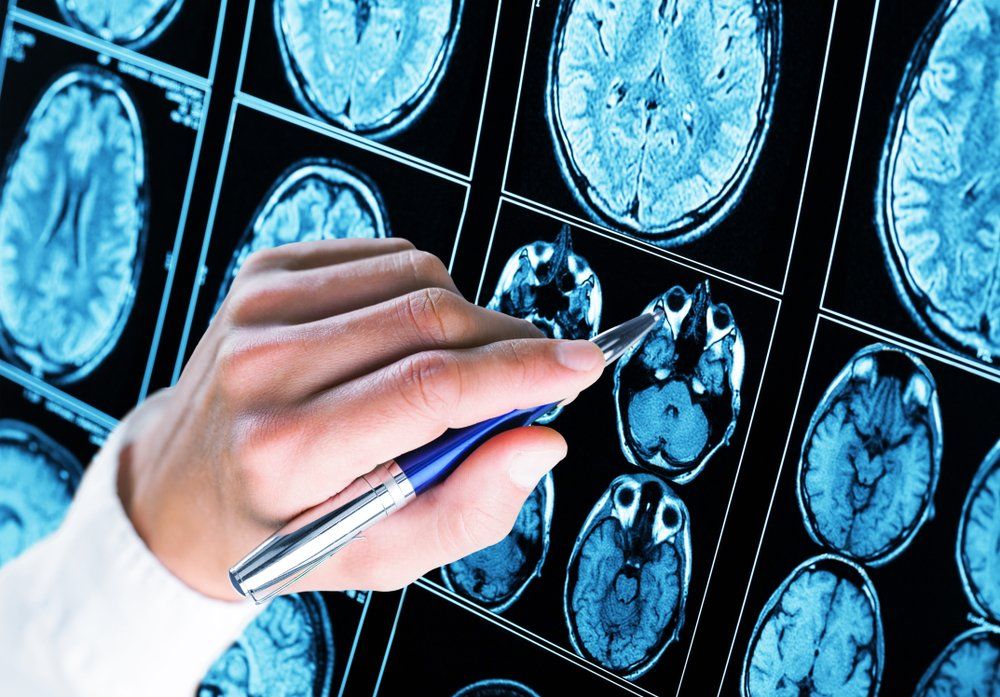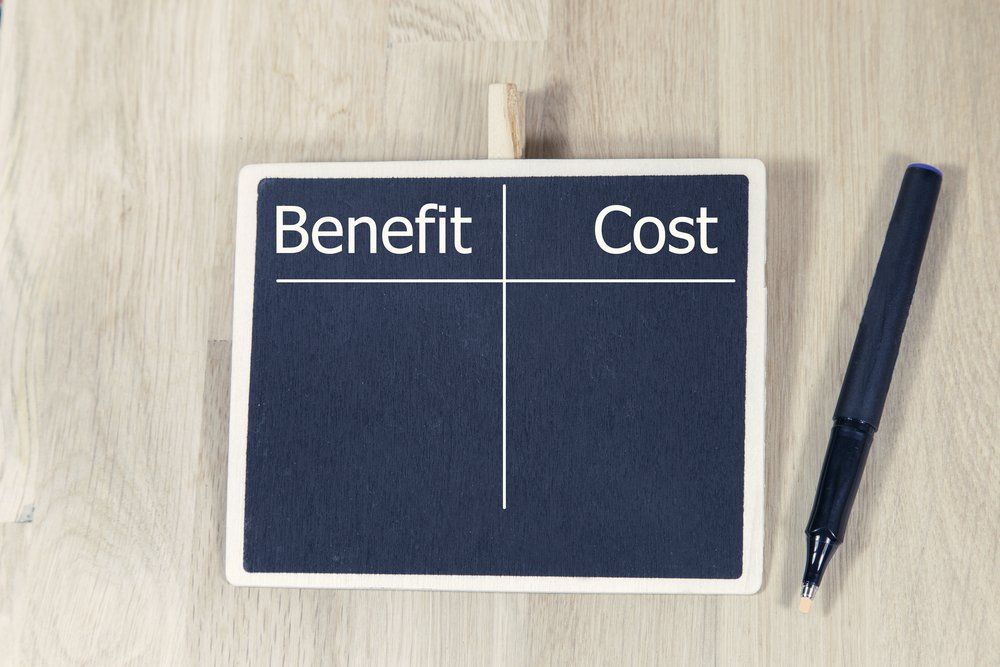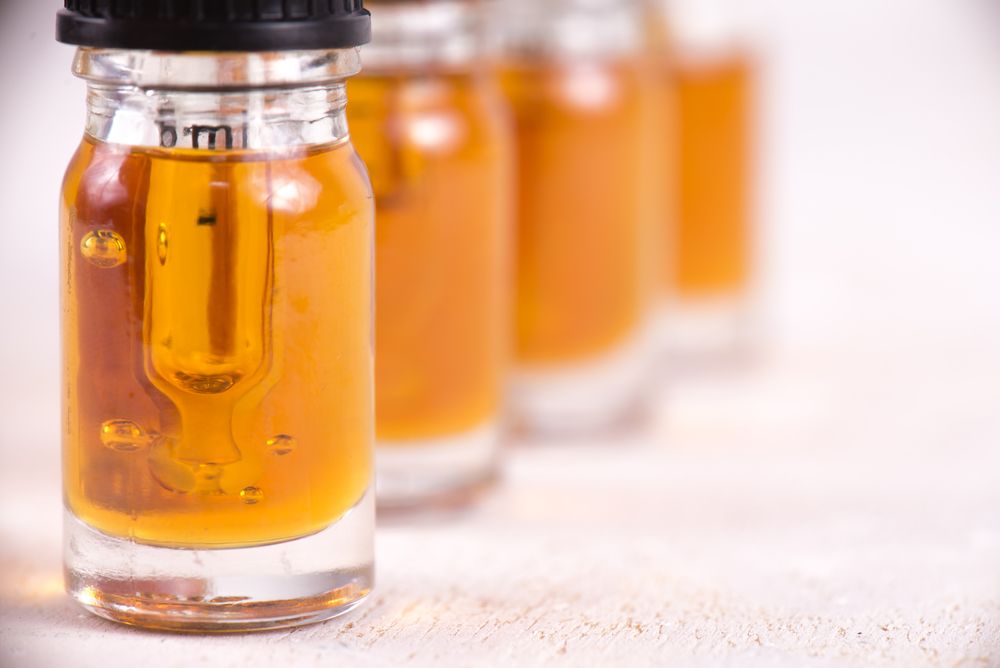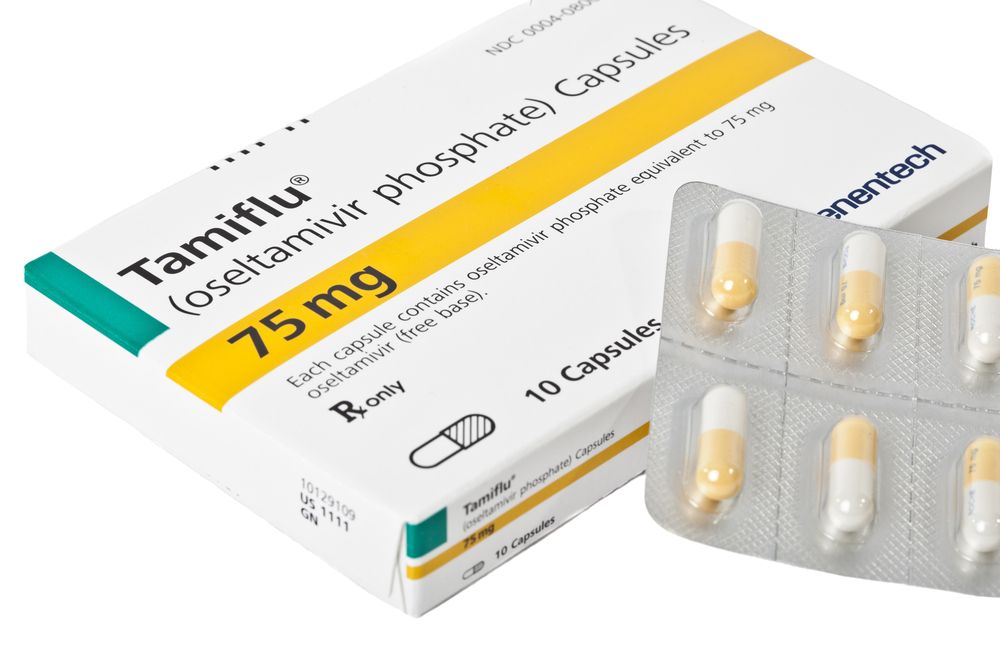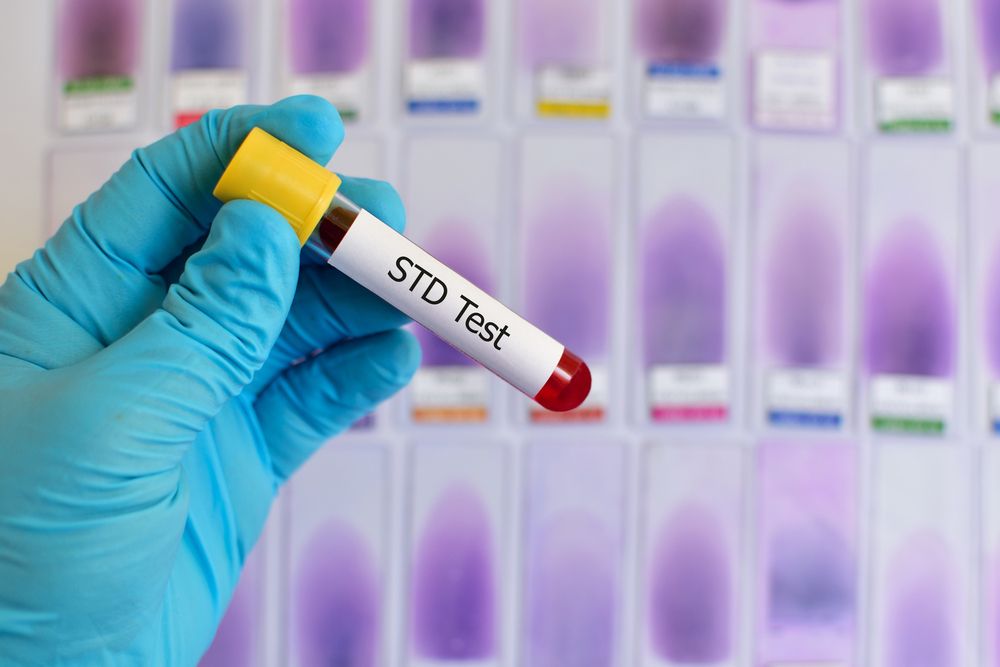Irritable bowel syndrome is a gastrointestinal disorder (Learn More – What Is Irritable Bowel Syndrome?) that can manifest in one of three different types. (Learn More – Types of IBS)
Treatment for IBS is often requires certain lifestyle changes (Learn More – IBS Treatment) that primarily focus on diet. (Learn More – Diet)
One of the first steps is to keep a food diary to help identify potential irritants. (Learn More – Keeping a Food and Stress Diary)
Overall nutrition changes are recommended to address IBS, (Learn More – Some General Steps You Can Take) and there are some foods you should eliminate right away. (Learn More – Foods to Eliminate Immediately)
A special approach you may want to try is the FODMAP diet. (Learn More – The FODMAP Diet)
In addition to diet, there are some over-the-counter medications that may help you. (Learn More – Over-the-Counter Medications That Can Assist Your Diet)
There are some symptoms that suggest you may have a deeper and more serious problem. If you are experiencing any of these issues, immediately discuss them with your physician. (Learn More – When Should You See Your Doctor?)
What Is Irritable Bowel Syndrome?
Irritable bowel syndrome (IBS) is a very common gastrointestinal disorder that affects both the large and small intestine. There is no medical test to diagnose IBS, and the causes of IBS are not fully understood at this time.
Symptoms of IBS include:
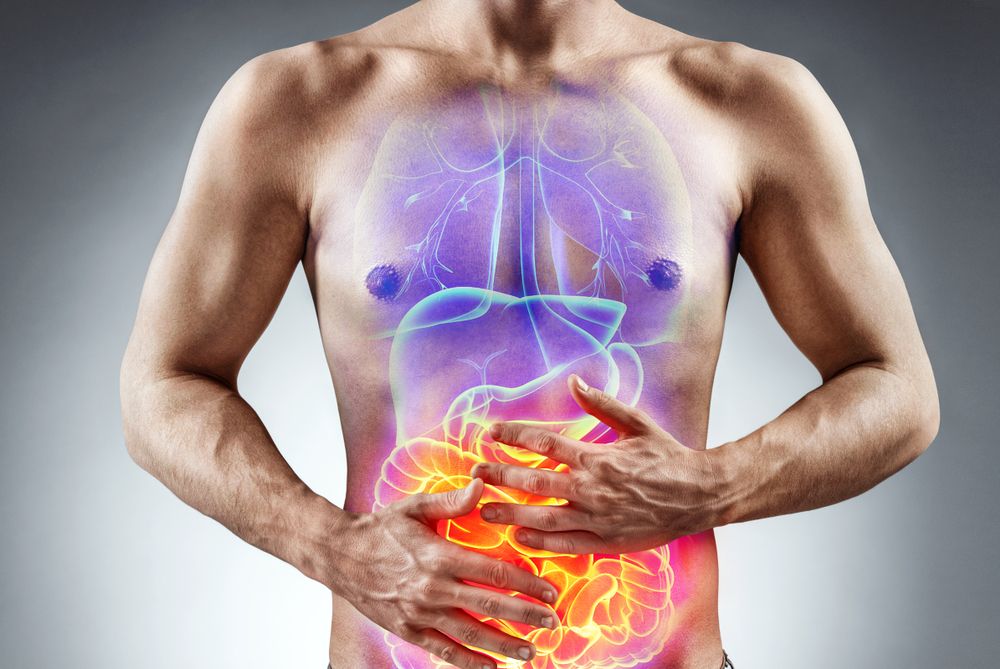
- Abdominal pain, either before or after stool elimination
- Abdominal cramping
- Gas
- Bloating in the abdomen
- Mucus in your stool
- Diarrhea, constipation, or both
Types of IBS
IBS can be divided into three subtypes:
- IBS with constipation occurs when the primary bowel issue is constipation or hard stools.
- IBS with diarrhea is when the primary issue is about urgency, or watery or loose stools.
- IBS with constipation and diarrhea is when the person suffers both of these issues periodically.
IBS Treatment
IBS is a relatively common disorder, and very few people have a severe case. IBS does not appear to result in intestinal changes that can lead to an increased risk of colorectal cancer or any other severe disease.
Even without assistance from a physician, many people can control most of their symptoms by managing their lifestyle, reducing stress, and implementing dietary changes. If the symptoms are more severe, medication and psychotherapy can help.
Diet
A key factor in managing IBS is to control your diet and ensure you are not eating foods that exacerbate your symptoms.

Many people find that by simply paying attention to their diet, they can significantly reduce the discomfort associated with their IBS.
Keeping a Food Diary and Stress Diary
One of the first steps in addressing your IBS symptoms is to understand how the food you eat affects you. It is a good idea to keep a record of what you eat, as well as the feelings, activities, IBS symptoms that follow your meals.
You may have already noticed that some foods make your symptoms worse. Record them in your diary, noting how you feel and how intense the symptoms are. This can help you identify foods that trigger your symptoms and eliminate them from your diet.
You can also use the diary to identify the types of environmental issues or stressors that make your symptoms worse. Often, people with IBS experience increased symptoms or heightened symptom intensity during or after stressful experiences. A diary can help you identify what triggers your symptoms and develop a plan to control them.
Your food and stress diary should help you pinpoint some specific foods and conditions that trigger or exacerbate your symptoms. Once they are identified, you can work to eliminate or diminish them and get better control over your IBS. When you record these issues, you can use your data to develop a formal plan.
Documenting the problem is the first step to treatment, so use your diary and be specific. To better manage stress, you can use progressive relaxation techniques or see a cognitive behavioral therapist to learn stress management techniques.
Some General Steps You Can Take
There are some general steps you can take almost immediately to reduce your symptoms. Again, make sure you keep a food and stress diary so you can personalize your overall approach to fit your specific needs and  situation. Here are some of the steps you can take:
situation. Here are some of the steps you can take:
- Avoid skipping meals and waiting too long in between your meals. Try eating at about the same time every day.
- Drink plenty of water. If you have a medical condition that requires you to limit your fluid intake, like a kidney or heart issue, discuss how you can manage this with your physician.
- If you suffer from diarrhea, you may want to limit the amount of high-fiber foods you eat, particularly if you suffer from bloating and gas. If you suffer primarily from constipation, you can increase your fiber intake if you do not have significant bloating and gas (see below for more information).
It is best to avoid the following foods as a general rule:
- Caffeinated beverages
- Alcohol
- Carbonated beverages
- Sugary foods, especially fructose: People who have IBS often have problems tolerating and digesting fructose
Foods to Eliminate Immediately
There are some foods that appear to affect nearly everyone with IBS, no matter what type of IBS they have and no matter the severity. You will want to put these foods on your radar, and either eliminate them or eat them very sparingly.

Stay away from:
- Beans and peas
- Cabbage
- Onions and spicy foods
- Fried foods, especially deep-fried foods of any type
- Smoked foods
- Pizza
- Cream
Artificial sweeteners – particularly sorbitol, which is found in many sugar-free foods and drinks – should be avoided because it is hard for people with IBS to digest. Dairy products may be a problem because people with IBS often have lactose intolerance.
In addition to cabbage, other vegetables like broccoli, asparagus, artichokes, cauliflower, brussels sprouts, radishes, green peppers, and cucumber may lead to digestive issues.
The FODMAP Diet
FODMAP stands for “fermentable oligosaccharides, disaccharides, monosaccharides, and polyols.” These are short-chain carbohydrates and certain types of sugars that are typically hard to digest and poorly absorbed in the intestine, even if you do not have IBS.
If you have IBS, eating a diet that includes these foods can increase bloating, gas, diarrhea, and discomfort.
The goal of the FODMAP diet is to eliminate these foods for a period of three to eight weeks, then slowly add them back one at a time to see how you react to them.
You can find more information about this diet online. Make sure to discuss it with your physician before you begin.
Over-the-Counter Medications That Can Support Your Diet
If you primarily suffer from constipation, using fiber supplements like Metamucil may help treat the issue.
If you suffer from diarrhea, over-the-counter products for diarrhea may help you.
When Should You See Your Doctor?
If you are experiencing symptoms associated with IBS, it is a good idea to consult your physician to determine if IBS is the most likely culprit. Even though there are no medical tests that can definitively diagnose IBS, your physician can rule out other conditions and save you a lot of trouble.
There are some symptoms that are not considered to fall under the IBS umbrella. If you experience these, they may signal a more serious condition.
If you have any of the following symptoms, contact your doctor immediately:
- Difficulty swallowing
- Blood in your stool or bleeding from your rectum
- Unexplained weight loss
- Unexplained vomiting
- Severe diarrhea at night
- Pain that does not go away when you have a bowel movement or pass gas
If you have one or more of these symptoms, you should immediately be evaluated by your physician.
References
Irritable Bowel Syndrome. (March 2018). Mayo Clinic.
The Global Prevalence of IBS in Adults Remains Elusive Due to the Heterogeneity of Studies: a Rome Foundation Working Team Literature Review. (June 2017). Gut.
In Depth: Cognitive Behavioral Therapy. (June 2019). Psych Central.
Irritable Bowel Syndrome: Novel Concepts for Research and Treatment. (2016). BoD–Books on Demand.
A Diet Low in FODMAPs Reduces Symptoms of Irritable Bowel Syndrome. (January 2014). Gastroenterology.

